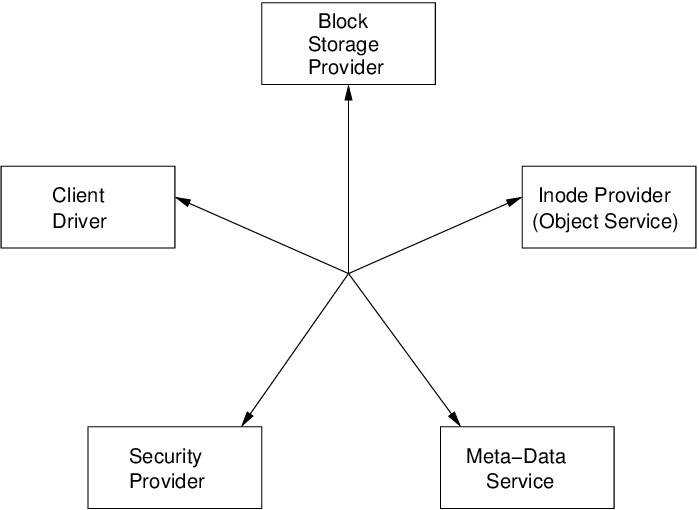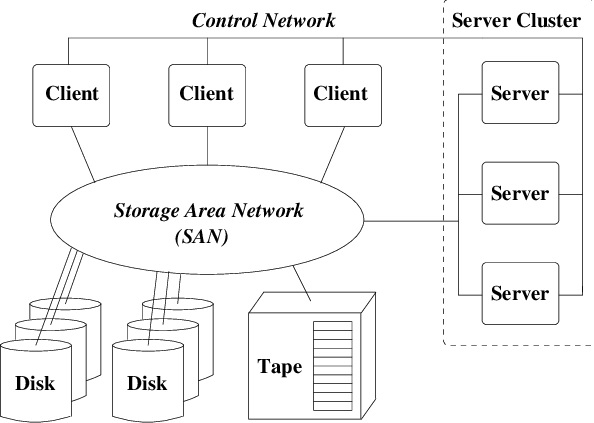
 Data Structure
Data Structure Networking
Networking RDBMS
RDBMS Operating System
Operating System Java
Java MS Excel
MS Excel iOS
iOS HTML
HTML CSS
CSS Android
Android Python
Python C Programming
C Programming C++
C++ C#
C# MongoDB
MongoDB MySQL
MySQL Javascript
Javascript PHP
PHP
- Selected Reading
- UPSC IAS Exams Notes
- Developer's Best Practices
- Questions and Answers
- Effective Resume Writing
- HR Interview Questions
- Computer Glossary
- Who is Who
What is a Distributed File System (DFS)?
A Distributed File System (DFS) is a file system that is distributed on multiple file servers or multiple locations. It makes the programs to access or to store isolated files with the local ones, allowing programmers to access files from any network or computer. It manages files and folders on different computers. It is mainly designed to provide file storage and access controlled to files over LAN and WAN.
A DFS is also called a client-server architecture based application, which allows the user or clients to access the data from the server as it is stored in their own computer. It provides location transparency and redundancy help to improve the data availability. And also use data replication strategy on multiple servers to prevent data access failure.
The challenges associated with them compared to traditional file systems are as follows −
Data redundancy and inconsistency.
Difficulty in accessing data.
Data isolation
Integrity problems
Unauthorized access is not restricted.
It coordinates only physical access.
Components
The components of DFS are as follows −
Block Storage provider
Client Driver
Security provider
Meta- Data Service
Object service.
These components are pictorially represented below −

Features
The features of DFS are as follows −
User mobility
Easy to use
High availability
Performance
Coherent access
Location independence
File locking
Multi-networking access
Local gateways
Multi-protocol access
Example
Given below is an example of DFS Structure −

Benefits
The benefits of DFS are as follows −
Flexibility in storage management − In DFS, storage management is very flexible and we can easily modify it according to our need.
Load sharing advantage − Load sharing can be done with optimal results using the DFS. Load sharing is one of the best benefits of DFS.
Security Integration − If we want to implement security then it can be easily done in the DFS.
Graphical way of Administration − Graphical view of administration window is available here, which reduces cost in administration training.
High Availability − High availability is also one of the best benefits of DFS. It keeps all the important data available all the time.

